


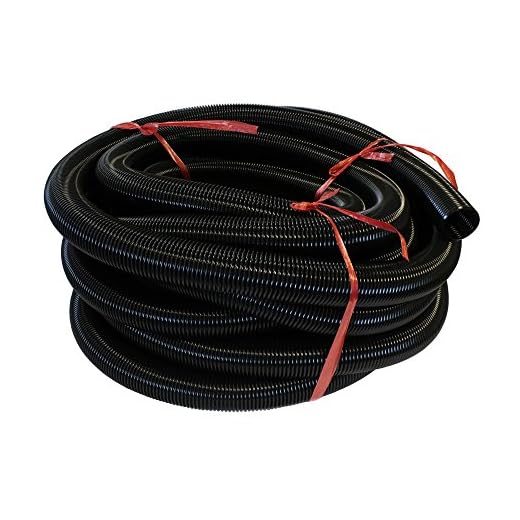
For reliable cleaning performance, I recommend the Stanley SLP2050 Electric Pressure Cleaner. Its robust 2050 PSI output strikes an excellent balance for home use, making it capable of tackling a variety of tasks from washing cars to refreshing patios. With a 1.4 GPM water flow, it effectively removes dirt and grime without excessive water consumption.
Another standout option is the Sun Joe SPX3000, offering versatility with multiple nozzle options. This model features a powerful 1800-watt motor, generating up to 2030 PSI, ensuring a thorough clean for both delicate surfaces and tough stains. Its onboard detergent tank allows for seamless switching between different cleaning agents, enhancing the overall efficiency of the cleaning process.
If portability is a priority, I suggest considering the Greenworks GPW1501. Weighing in at just under 18 pounds, it includes a 1500 PSI motor that delivers solid cleaning power, while its compact design makes it incredibly easy to store and transport. This model is ideal for those who require convenience without sacrificing performance.
Each of these selections showcases unique features tailored to various cleaning needs. Based on my extensive experience, it’s crucial to evaluate your specific requirements and choose a cleaner capable of delivering dependable results.
Understanding Pressure Washer Types and Their Uses
For effective outdoor cleaning, I recommend electric models for light tasks such as cleaning patios, garden furniture, and cars. Brands like Karcher and Ryobi offer reliable electric units that are user-friendly and light enough for regular homeowners.
Electric Units
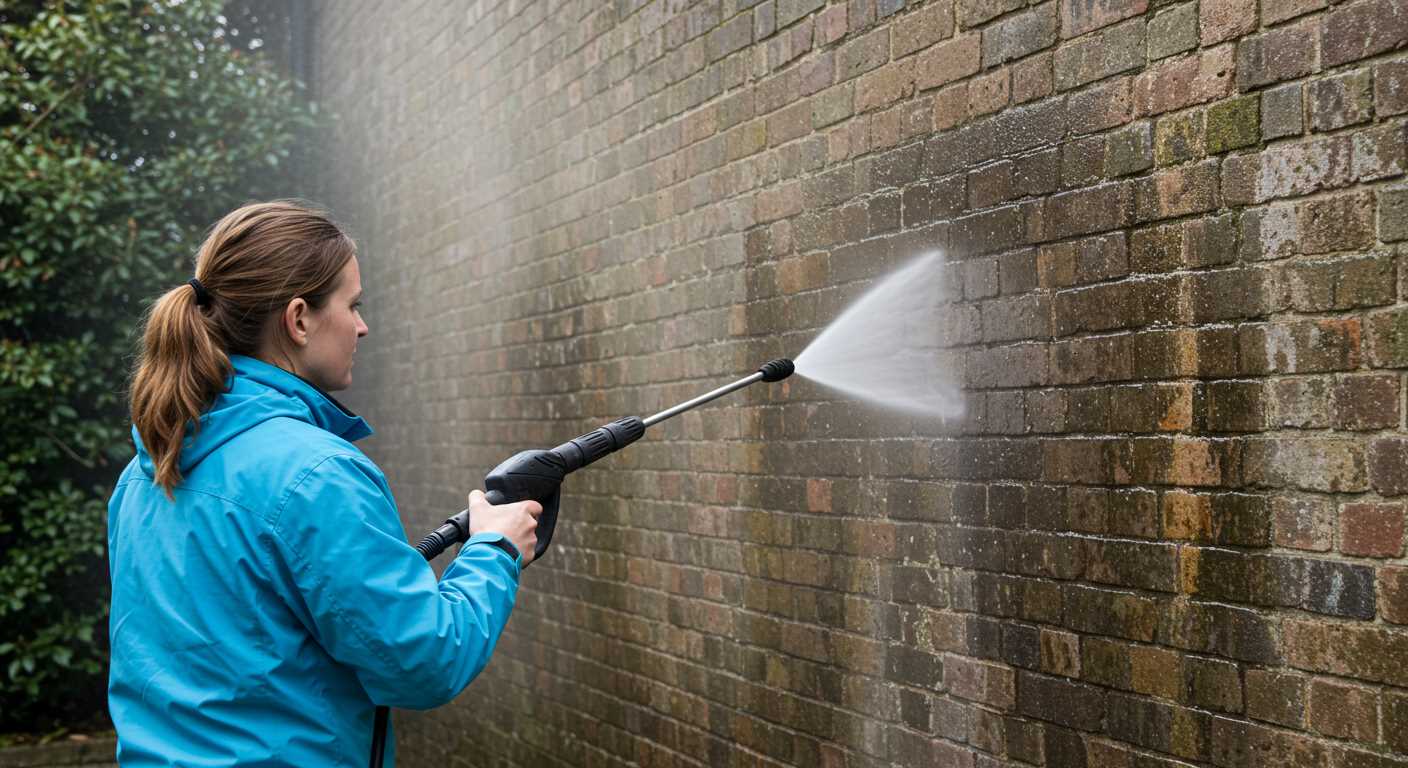
Electric units operate quietly, demand less maintenance, and are ideal for residential tasks. They typically provide pressures around 1300 to 2000 PSI, making them suitable for delicate surfaces. Battery-powered alternatives, like those from Dewalt, provide mobility without cords, allowing for versatility in various environments.
Gas-Powered Variants
For demanding jobs, opt for gas-powered machines. These beastly cleaners often exceed 3000 PSI, making them fit for heavy-duty tasks like stripping paint or cleaning large driveways. Brands such as Simpson or Honda manufacture these robust options that thrive in commercial settings or large properties.
Each model serves unique needs. Assess the scale of your tasks before making a choice to ensure maximum efficiency and satisfaction. Consider the weight and portability, especially if you need flexibility in your cleaning routine.
Key Specifications to Consider When Selecting a Pressure Cleaner
Focusing on the following specifications significantly enhances the decision-making process for choosing an ideal cleaning unit:
- Pressure Rating (PSI): Look for models with a pressure rating between 2000 to 3000 PSI for residential use. This range effectively tackles most common tasks, such as cleaning patios, decks, and vehicles.
- Flow Rate (GPM): A flow rate of 1.5 to 2.5 GPM strikes a balance between rinsing power and water efficiency. Higher GPM numbers are more effective for heavy-duty cleaning.
- Motor Type: Choose between electric and petrol engines. Electric models are quieter and require less maintenance, while petrol engines generally provide more power for larger jobs.
- Nozzle Options: Multi-purpose nozzles with adjustable spray patterns optimise versatility, allowing for suitable applications from blasting grime to gentle rinsing.
- Hose Length: A longer hose (around 25-35 feet) enhances flexibility and reachability, particularly for outdoor areas without having to move the unit frequently.
- Weight and Portability: Lightweight units with wheels facilitate ease of movement. Consider models around 30-50 lbs for easier handling without compromising durability.
- Warranty: A solid warranty (at least 2 years) reflects the manufacturer’s confidence in their product, offering peace of mind for repairs or replacements.
These specifications serve as a practical guide to identifying a suitable cleaning apparatus tailored to your requirements and usage frequency.
Comparing Electric vs. Gas-Powered Models
For residential tasks, I recommend electric machines due to their convenience and lower noise levels. They typically operate within a pressure range of 1300 to 2000 PSI, making them suitable for cleaning cars, patios, and outdoor furniture without overwhelming users.
Gas-powered variants, rated between 2500 and 4000 PSI, excel in tougher projects like stripping paint from decks and cleaning large driveways. The increased power and mobility, backed by the absence of cords, allow for tackling more extensive clean-up jobs effectively.
Electric models are generally lighter, which aids portability, and they require less maintenance, meaning fewer trips to the repair shop. In contrast, gas units necessitate regular servicing and checks on oil levels, fuel quality, and air filters, adding to the overall upkeep time.
In terms of cost, electric types are usually more affordable, both in purchase price and operating expenses. Comparatively, gas options demand a higher initial investment and ongoing fuel costs, but they can handle heavy-duty applications.
In conclusion, your choice hinges on specific cleaning needs. Opt for electric if ease of use and minimal maintenance appeal to you. Choose gas-powered if your expectations include high performance for intensive tasks, ensuring your equipment matches your ambitions.
Top Brands for Reliable Cleaning Machines
Based on extensive experience and evaluations, Kärcher stands out as a leader in this category. Their units exhibit robust construction, excellent performance, and user-friendly designs, making them a top choice for homeowners and professionals alike.
Nilfisk offers outstanding reliability and efficiency with innovative features that enhance usability. Their range caters to various needs, from domestic tasks to heavy-duty operations, ensuring versatility in applications.
Ryobi is known for affordability without compromising quality. Their products often come equipped with multiple accessories, ensuring a complete solution for different cleaning scenarios. Ideal for homeowners seeking value and performance.
Additional Notable Brands
Generac is a respected name, particularly in gas-powered models. Their machines are powerful, designed for intensive tasks, making them suitable for professional applications.
Sun Joe provides excellent electric solutions that are lightweight and easy to operate. Their range is perfect for residential users who require reliability in smaller cleaning tasks.
Comparison Table of Top Brands
| Brand | Type | Notable Feature | Recommended For |
|---|---|---|---|
| Kärcher | Electric/Gas | Robust build quality | Homeowners & Professionals |
| Nilfisk | Electric/Gas | Innovative features | Residential & Commercial |
| Ryobi | Electric | Affordable with accessories | Homeowners |
| Generac | Gas | Powerful for heavy-duty | Professionals |
| Sun Joe | Electric | Lightweight & user-friendly | Homeowners |
Maintenance Tips for Longevity of Your Pressure Cleaning Equipment
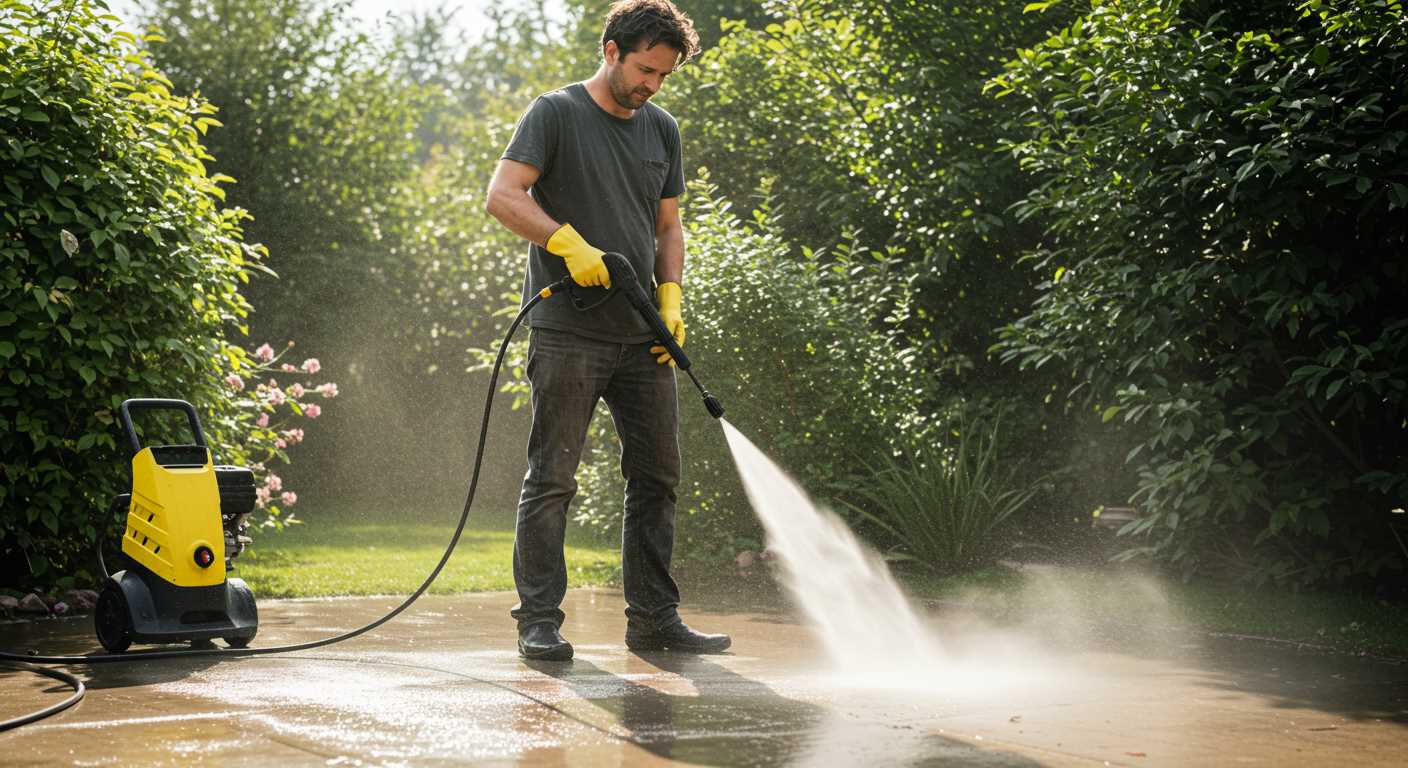
Regular maintenance is key for ensuring your cleaning machine remains operational for years. I recommend starting with examining the oil level if you have a gas model. Change the oil after the first 20 hours of use and then every 100 hours thereafter. This is vital for the engine’s health.
Inspecting Hoses and Nozzles
Check hoses for any signs of wear or damage before each use. A cracked or frayed hose can lead to operational failures. If a hose is too tight, it may burst under pressure. Store hoses coiled to avoid kinks. Also, clean nozzles regularly; clogs can affect performance drastically. Use a fine needle to clear any debris.
Air Filter and Spark Plug Care
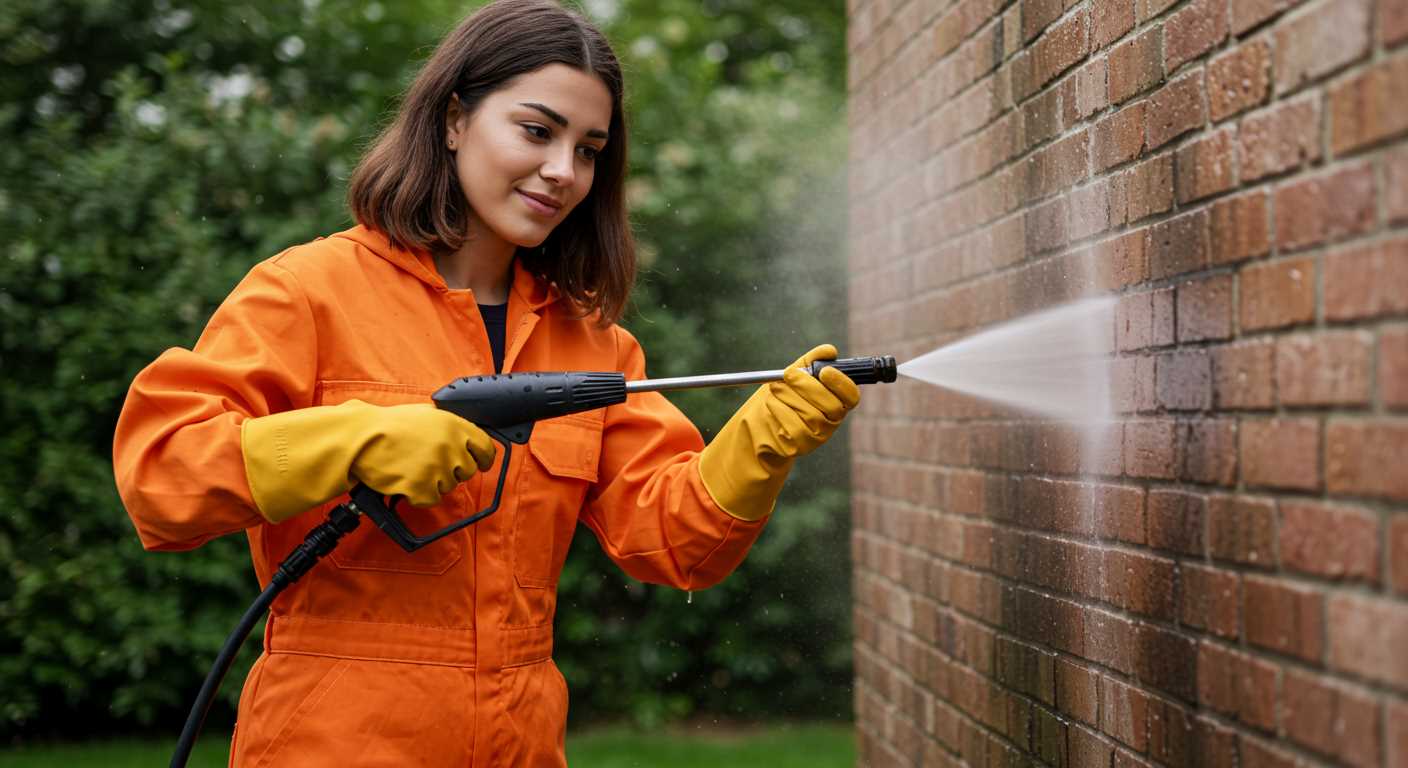
For gas-powered units, keeping the air filter clean is crucial. Replace it if it appears dirty or damaged. Spark plugs should also be checked; replacing them every season prevents misfiring issues. Always refer to the owner’s manual for specific recommendations regarding replacements.
When not in use, store the equipment in a dry area. Run a cleaning solution through the system if you anticipate long-term storage to prevent any blockages. Use a stabiliser in the fuel if you won’t be using the machine for an extended period. This keeps the fuel fresh and avoids starting issues later.
By adhering to these maintenance tips, you can prolong the life of your cleaning apparatus and ensure it operates efficiently each time you need it.
Common Accessories to Enhance Performance
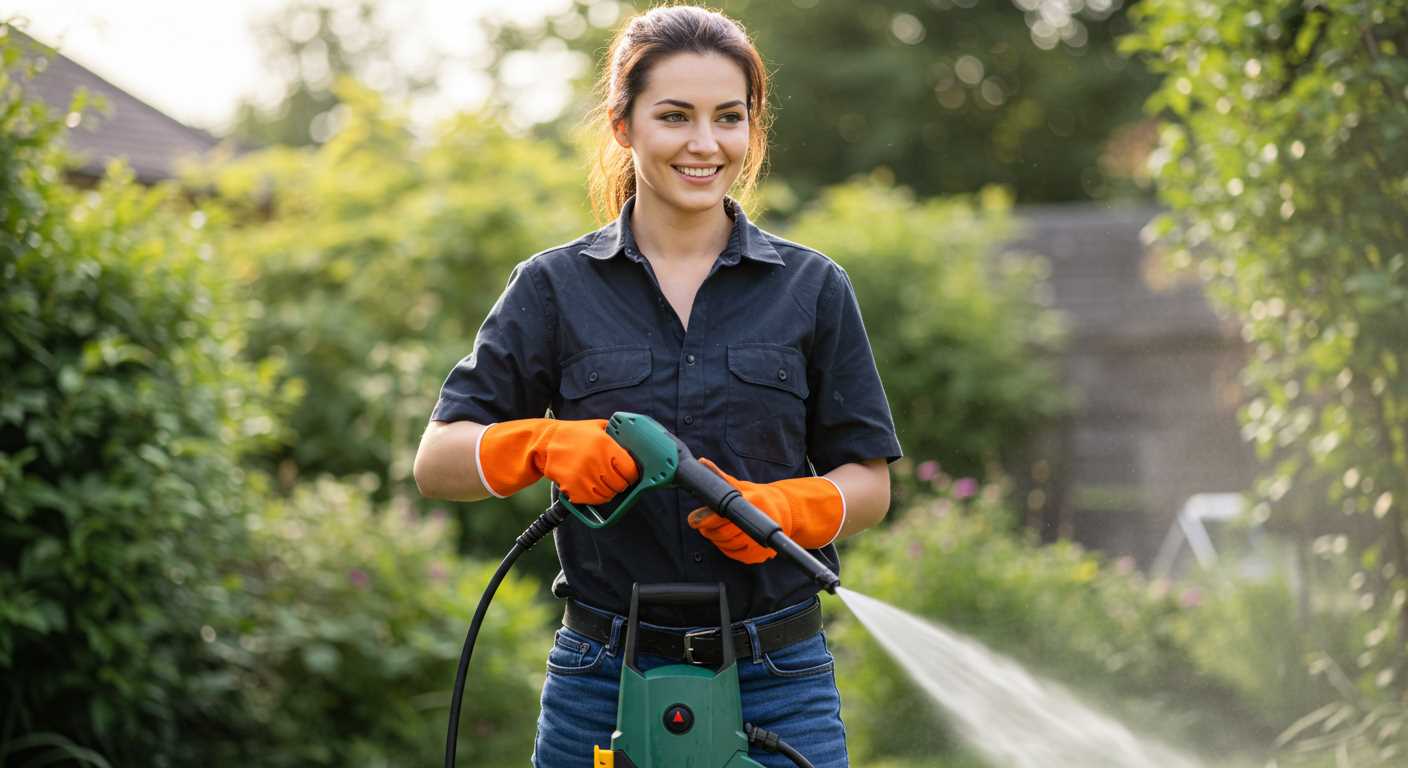
To maximise efficiency and usability, consider investing in a few key accessories that complement your cleaning device. A turbo nozzle is a standout option; it increases the cleaning power by rotating a concentrated stream of water, making it perfect for tough grime on surfaces like driveways and patios.
Surface Cleaners

Surface cleaners are another valuable attachment. They offer the ability to clean larger areas quickly without leaving streaks. Equipped with multiple nozzles, they produce even pressure and can drastically reduce cleaning time on flat surfaces such as decks and sidewalks.
Extension Wands and Brushes
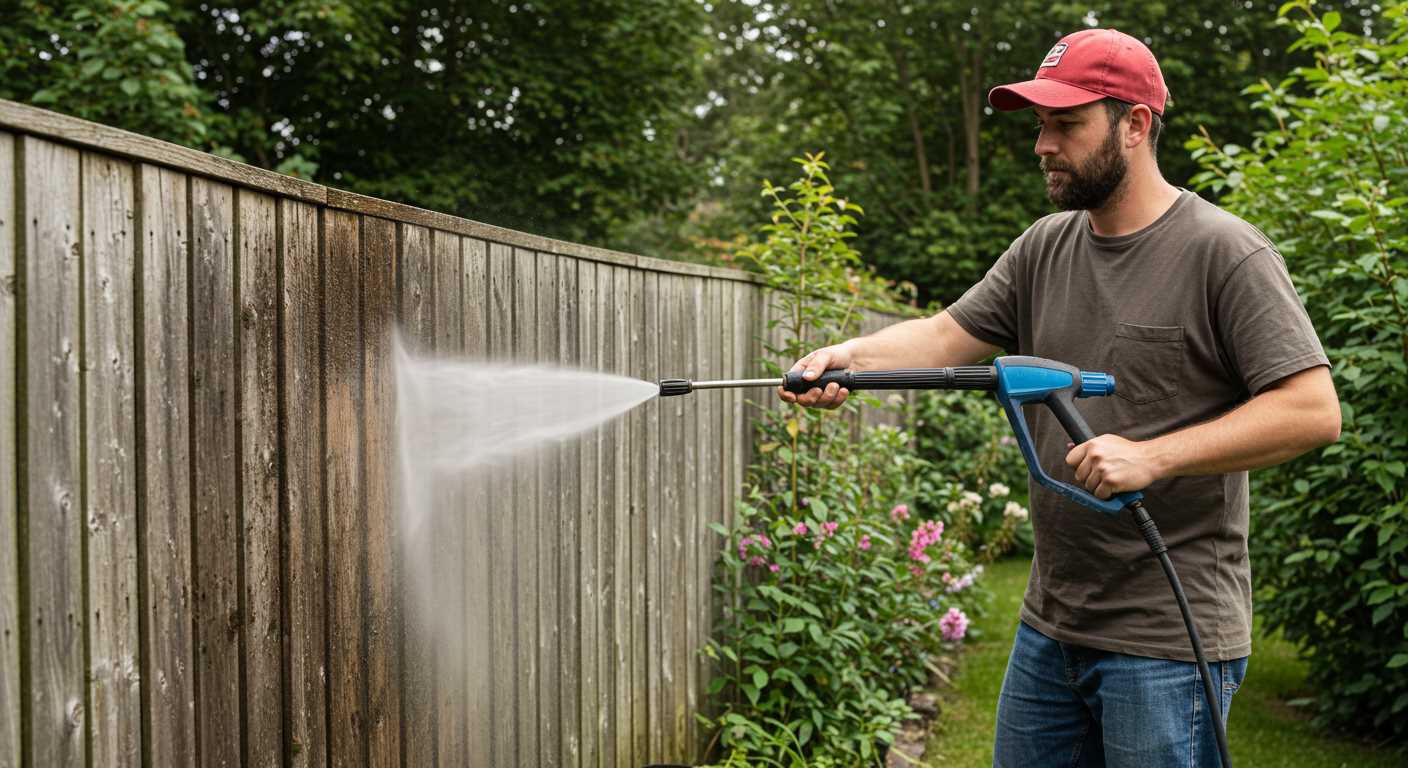
For hard-to-reach spots, extension wands elongate your reach, allowing you to clean high surfaces like roofs or tall vehicles with ease. Additionally, scrub brushes tailored for different applications help with detailed cleaning, especially on vehicles or delicate surfaces that require extra care.
Lastly, cleaning solution injectors enhance the cleaning process by mixing detergent with water, providing more effective results on stubborn stains. Each of these tools can substantially elevate your cleaning experience and results.







